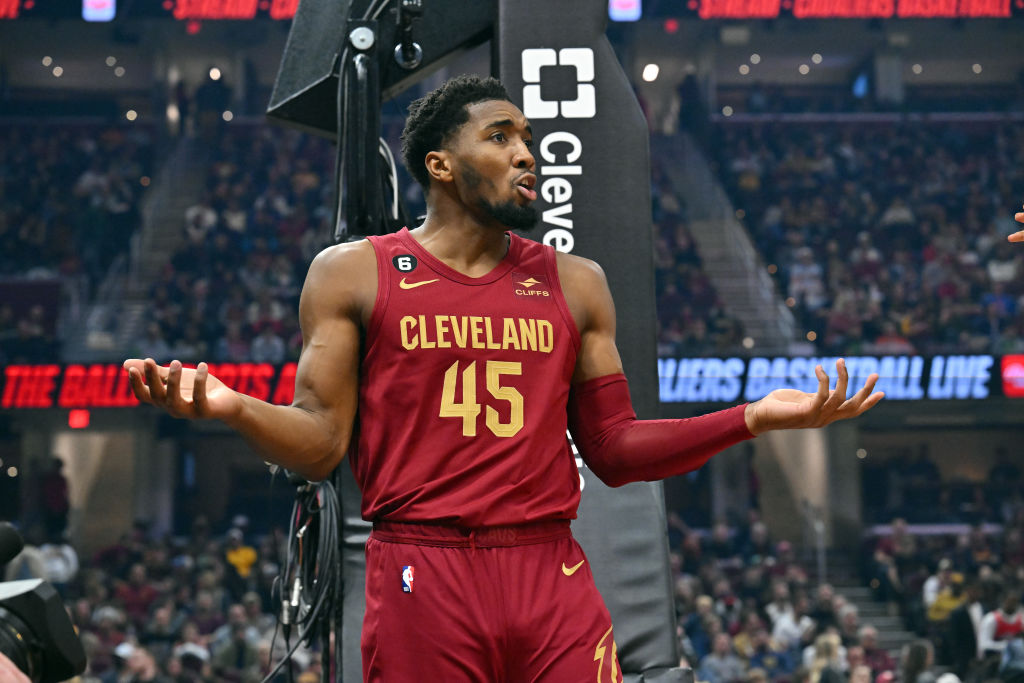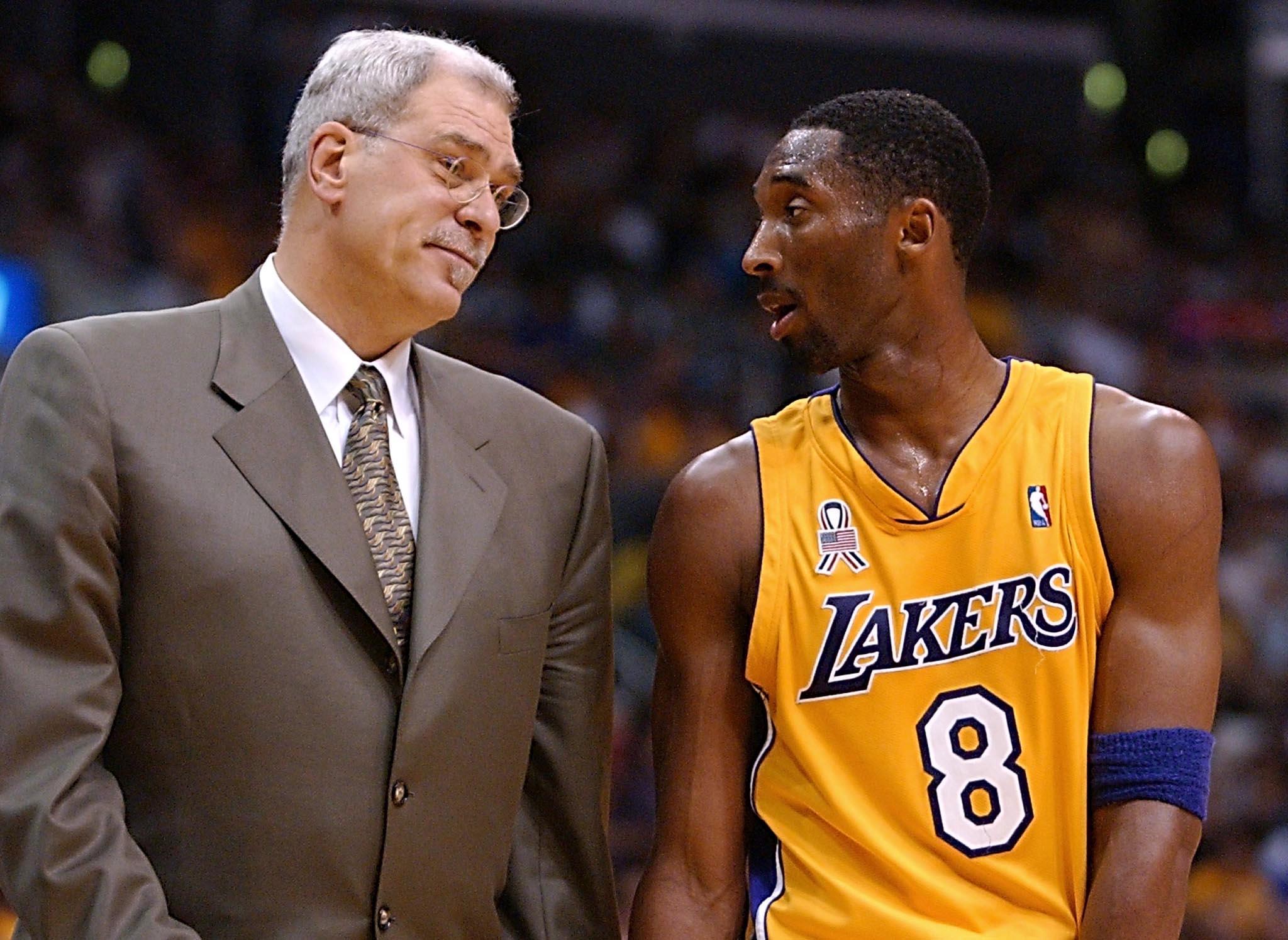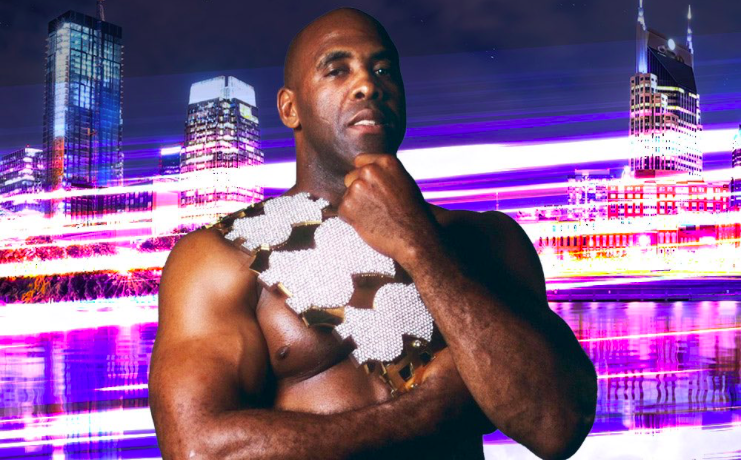There was always a certain warmth that emanated from a basketball broadcast whenever Dr. Jack Ramsay provided the color commentary. If he was working a game for ESPN, especially an important one featuring two talented and competitive teams, I instinctively knew that, in addition to the impending beauty and grace and skill that I was about to witness on the court, the experience would be soothed and enhanced because of Ramsay’s insight and intellect.
There are many announcers that I have no patience for. Some grow more inebriated with the sound of their own voice as the game progresses. Some are flawed in their ability to see the game. Some state the obvious. Some rely on nausea-inducing catch phrases like a crutch. Some are arrogant. Or holier than thou. Some manage to say the same things over and over during each broadcast.
But Jack Ramsay was none of those. His rare gift was in the unparalleled way that his words could appeal to the casual fan and connoisseurs alike.
It was evident that he was not only a brilliant, unique, passionate and funny man, but that he could decipher the intricate details of what all ten players on the court were doing while engaged within the game’s natural and beautiful ebb and flow, and be able to explain it in a concise way that made something complicated become easily digestible.
A few years ago, I ordered one of the many books he’d written, The Coach’s Art, from Amazon and for the mere cost of $6.57, unearthed a treasure. As I flipped through the pages, I realized why I saw him as the basketball uncle that I’d never met.
Because it was apparent that he was in love with the game in an unconditional way, in a way that one gains nourishment and always sees the magnificent beauty in something that many people simply take for granted because of its proximity on a daily basis.
“What is this game that runs through my mind? It is a ballet, a graceful sweep and flow of patterned movement, counterpoised by daring and imaginative flights of solitary brilliance,” he wrote. “It is a dance which begins with opposition contesting every move. But in the exhilaration of a great performance, the opposition vanishes. The dancer does as he pleases. The game is unified action up and down the floor. It is quickness, it is strength; it is skill, it is stamina; it is five men playing as one…It is the solidarity of a single unifying purpose, the will to overcome adversity, the determination never to give in.”
My first exposure to Dr. Jack Ramsay came in 1977. Even at a young age, I was drawn to the way he dressed, his style, his comportment. I don’t remember much about those Portland Trail Blazer teams that he coached back then, other than Bill Walton and Maurice Lucas, the fact that they won a championship, and how they passed, blocked shots, moved in synchronicity and ran the fast break in a way that looked awesome to my young eyes.
But there was something about him, even back then, that struck me as out of the ordinary.
I knew nothing about the fact that as a young college coach he’d taken St. Joe’s to the Final Four, or that while coaching the Hawks, he’d earned his Doctorate in Education from the University of Pennsylvania.
Can you imagine a young Rick Pitino, AFTER taking Providence to the Final Four in 1987, grinding through exams, thesis structures and dissertation concerns?
I wasn’t aware that he’d won an NBA Championship in 1967 as a General Manager of the Philadelphia 76’ers when the great Wilt Chamberlain played for the franchise. Nor did I know that he coached the emerging talents of the young, and future great, Bob McAdoo with the Buffalo Braves (now better known as the Los Angeles Clippers).
“They talk about the Lakers (being) 'Showtime,' but we were 'Showtime' in Buffalo with Jack," Hall of Famer Bob McAdoo said in a statement. "He was so much into the physical fitness and that's why we were so successful. It was very fun playing for him.”
I’d forgotten that when he retired from coaching, he ranked second on the all-time coaching victories list behind the legendary Red Auerbach.
His imprint on the game stretches beyond the advice he’d freely and joyfully offer today’s players and coaches, or his cogent analysis on a TV broadcast, or the fact that when businessman Mickey Arison purchased the Miami Heat in 1995, the first person he sought counsel from in terms of building a winning infrastructure was Dr. Jack.
Beyond all of that seems to be the fiber of a man who believed in himself, who found his passion, who not only trusted the validity of his dreams, but had the audacity, discipline and leadership to make those dreams come to fruition. And through all of that, he empowered and encouraged others to believe in themselves in ways that imbued his various life stages and professional experiences with accomplishment and excellence
“Jack's life is a beacon which guides us all,” Bill Walton told USA Today in 2007. “He is our moral compass, our spiritual inspiration. He represents the conquest of substance over hype. He is a true saint of circumstance.”
The game not only lost a scholar and a gentleman in the great Dr. Jack Ramsay, it lost a true giant. It also lost one of its biggest fans.



